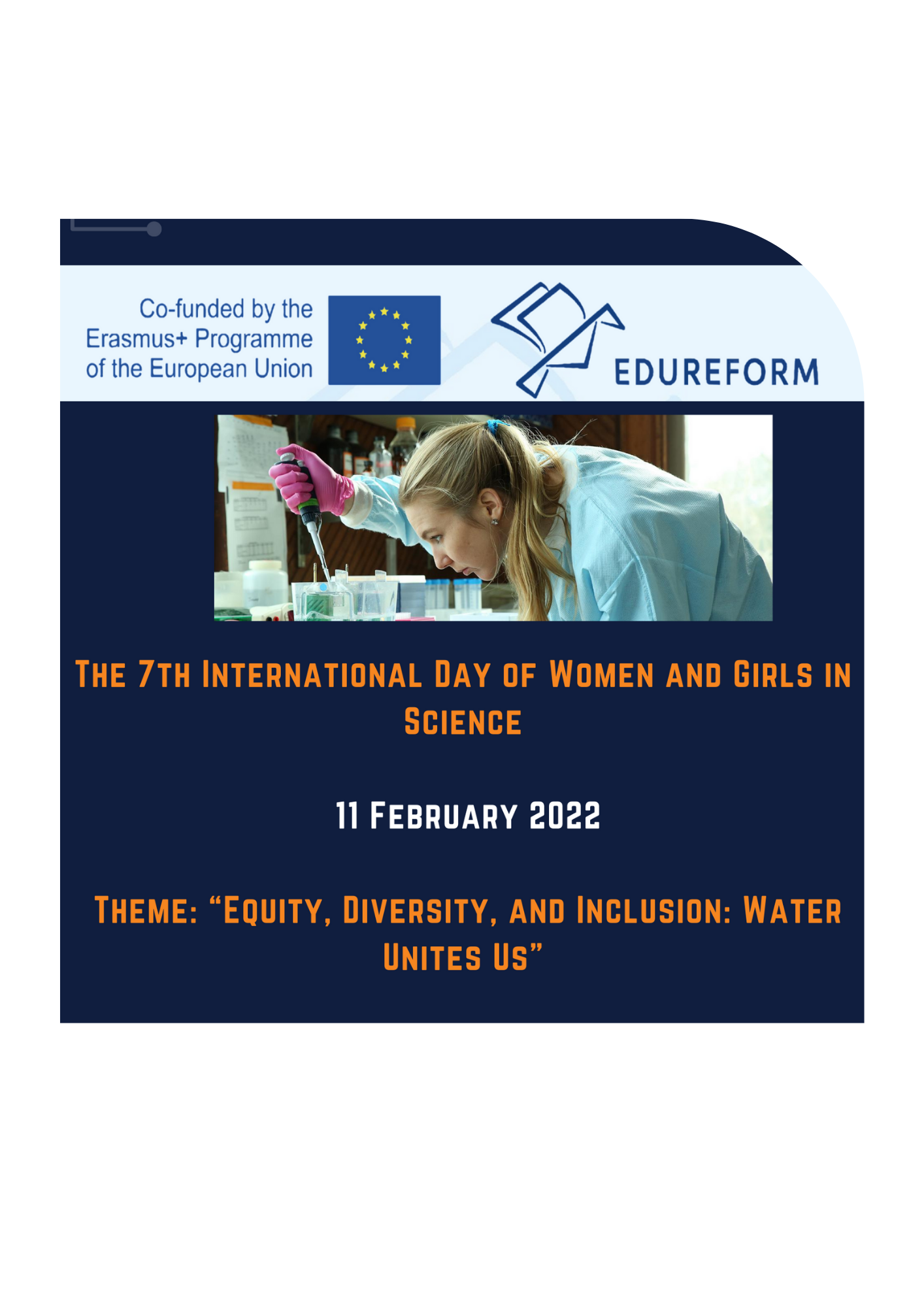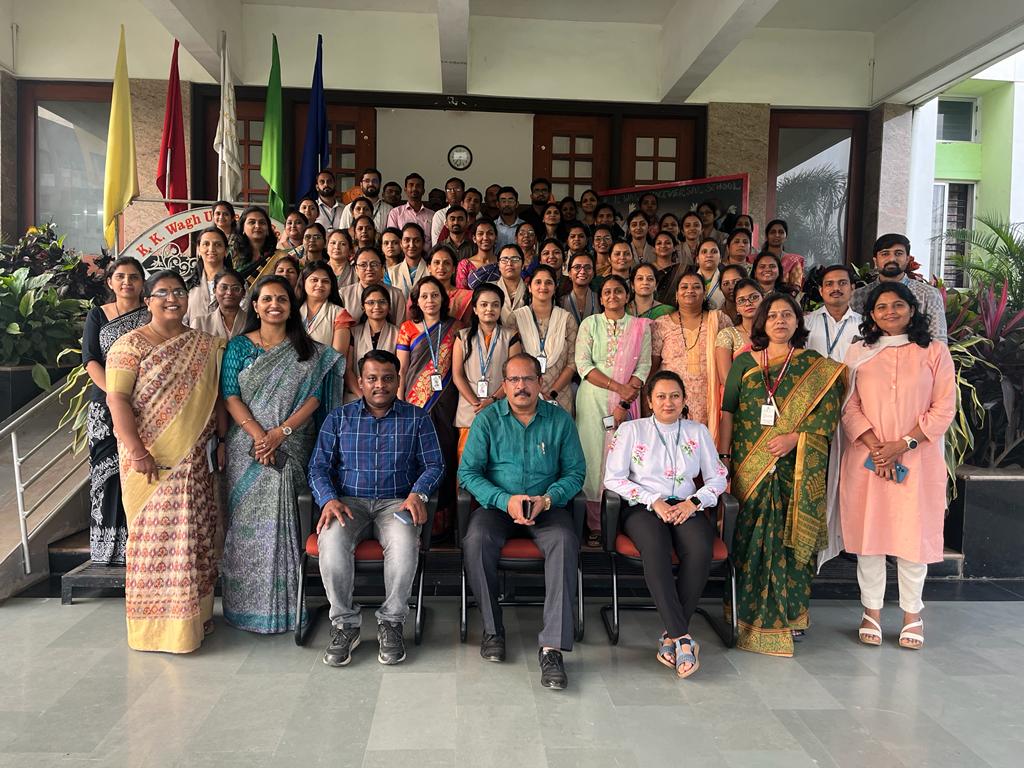The 7th International Day of Women and Girls in Science Assembly aims to recognize the role of women and girls in science from all around the world. As you will see in the title, this year’s theme revolves around water. Here at EDUREFORM, we wanted to highlight the important role water has in our lives, and in our education systems. This might not be immediately obvious , but the access to water and water sanitation are crucial for the promotion of quality education.
This article from the Indian Express talks about the impact of clean air and potable water on education.
Inadequate access to safe drinking water, clean cooking fuel, exposure to smoke associated with solid fuels and poor quality of rural health infrastructure are linked with serious health concerns, particularly for women and children such as acute respiratory infections (ARI) which adds to the havoc created by the pandemic.
Lack of clean fuel and elusive access to piped indoor water in most areas has a devastating effect on health as well as children’s learning outcomes. Although the coverage and intake for LPG (liquefied petroleum gas) connections have vastly improved with the launch of Pradhan Mantri Ujjwala Yojana (PMUY) and Pradhan Mantri Garib Kalyan Yojana (PMGKY) respectively, it has not translated into sustained usage.
In the absence of infrastructure access, women traditionally take on the role of water bearers and firewood collectors, leaving them with less discretionary time for other household chores, income-generating activities, or childcare..
Evidence suggests that children often join parents in undertaking household chores, reducing the time available for studies and leading to lower educational investments, especially when women bear a greater share of the burden of the unpaid work compared to men. Children in households without piped water or LPG tend to have lower learning outcomes, along with lower educational investments. It is essential to ensure both physical and financial access to time-saving infrastructure like LPG and piped water. This will allow mothers to have sufficient time to supervise their children’s learning and help mitigate the educational setbacks caused by the pandemic.
You can read the full article written by Pallavi Choudhuri by clicking here.




